If you’re a homeowner in New Jersey planning to replace your roof, you’re likely asking: How much does a 1000 sq foot roof cost? The answer isn’t always straightforward—it depends on a mix of variables including roofing material, labor costs, regional pricing trends, and the complexity of your roof’s structure.
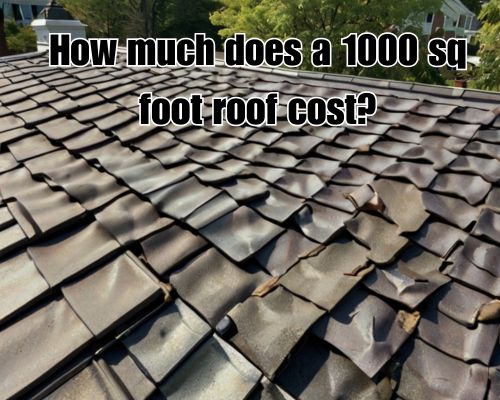
With CJ Commercial Roofing NJ, we’ll break down the real cost factors for a 1000 square foot roof in New Jersey, exploring material options, labor variations, and local influences, while providing expert tips for cost-effective roofing in the Garden State.
 The Average Cost to Replace a 1000 Sq Ft Roof in NJ
The Average Cost to Replace a 1000 Sq Ft Roof in NJ
In New Jersey, the average cost to replace a 1000 square foot roof ranges from $5,000 to $11,000, depending on your material choice and project specifics.
| Roofing Material | Cost per Sq Ft (Installed) | Estimated Total (1000 Sq Ft) |
|---|---|---|
| Asphalt Shingles | $5 – $7 | $5,000 – $7,000 |
| Metal Roofing | $8 – $12 | $8,000 – $12,000 |
| Slate Roofing | $15 – $30 | $15,000 – $30,000 |
| Clay Tile | $10 – $18 | $10,000 – $18,000 |
| EPDM (Flat Roof) | $4 – $8 | $4,000 – $8,000 |
Note: These are installed costs that include labor, materials, disposal, and underlayment. Prices may vary depending on the county—costs in Bergen County may differ from those in Cape May or Ocean County.
 Key Cost Factors for NJ Roof Replacements
Key Cost Factors for NJ Roof Replacements
1. Material Type
Asphalt shingles remain the most common roofing material in New Jersey due to their affordability, moderate lifespan (15–30 years), and wide availability. Premium shingles (architectural or dimensional) cost more but offer enhanced durability and aesthetic appeal.
Metal roofs, while more expensive upfront, are gaining traction in coastal areas like Atlantic County and Monmouth County, where salt air and storms demand stronger roofing systems.
2. Roof Complexity
A simple gable roof with a low pitch is cheaper to reroof than a steep, multi-angled roof with skylights or chimneys. Roof complexity impacts both material waste and labor time, increasing overall costs.
3. Labor Costs in New Jersey
Labor rates vary across the state, but on average, roofing contractors in New Jersey charge between $150 to $300 per square (100 sq ft). Urban areas like Newark, Jersey City, and Trenton may see higher labor charges due to insurance, licensing, and demand.
4. Permits and Code Requirements
In NJ, roofing work often requires permits. Costs range from $150 to $500, depending on the municipality. Some towns in Middlesex County and Morris County may require additional inspections, especially for homes in historic zones or environmentally protected areas.
 Breakdown of a Typical NJ Roofing Project (1000 Sq Ft)
Breakdown of a Typical NJ Roofing Project (1000 Sq Ft)
Let’s use asphalt shingles—New Jersey’s most popular roofing type—as a base example.
 1. Material Costs
1. Material Costs
- Shingles: $1.20 – $1.80/sq ft
- Underlayment: $0.10 – $0.30/sq ft
- Flashing & Nails: $100 – $250 total
- Ventilation (ridge vent, etc.): $150 – $300
Total materials: ~$1,700 – $2,500
 2. Labor Costs
2. Labor Costs
- Removal of old roof: $1.00 – $2.00/sq ft
- Installation: $2.50 – $4.50/sq ft
Total labor: ~$3,500 – $5,500
 3. Miscellaneous
3. Miscellaneous
- Dumpster rental & disposal: $300 – $600
- Permit fees: $200 – $400
 Climate Considerations in NJ Roofing
Climate Considerations in NJ Roofing
New Jersey’s climate plays a significant role in roofing choice and cost. The cold winters, humid summers, and frequent storms (especially in coastal counties) accelerate wear and tear. This makes storm-resistant shingles, ice & water shields, and proper attic ventilation essential—and slightly more expensive.
 Local Roofing Price Trends (2025)
Local Roofing Price Trends (2025)
Here’s a quick overview of localized pricing trends across NJ counties:
| County | Avg Roof Cost (1000 Sq Ft) |
|---|---|
| Bergen County | $7,000 – $11,000 |
| Middlesex County | $6,000 – $9,500 |
| Ocean County | $6,200 – $10,000 |
| Camden County | $5,500 – $8,500 |
| Sussex County | $5,200 – $7,500 |
Coastal counties like Ocean, Atlantic, and Cape May typically require higher-spec materials due to salt exposure, driving up both material and labor prices.
 Tips to Reduce Roof Replacement Costs in NJ
Tips to Reduce Roof Replacement Costs in NJ
- Get Multiple Estimates – Always compare at least 3 detailed quotes from licensed New Jersey roofers.
- Ask About Off-Season Rates – Replacing your roof in late winter or early spring may lower labor rates.
- Bundle with Other Services – If you’re replacing gutters or siding, you might get discounted pricing.
- Use NJ Energy Rebates – Programs like New Jersey’s Clean Energy Program offer incentives for energy-efficient roof systems, especially with reflective coatings or solar integration.
 Final Thoughts: What Should You Expect to Pay?
Final Thoughts: What Should You Expect to Pay?
If you’re still asking, “How much does a 1000 sq foot roof cost in New Jersey?”—expect to invest between $5,000 and $11,000, with costs swaying based on material, labor, and site conditions.
Whether you’re in Hoboken, Cherry Hill, New Brunswick, or Asbury Park, always work with licensed NJ roofing contractors like CJ Commercial Roofing NJ who understand state building codes, municipal permitting, and local climate requirements.
 Need Help Estimating Your Roof Cost in NJ?
Need Help Estimating Your Roof Cost in NJ?
Many reputable roofers across New Jersey offer free roof inspections and estimates. Look for those certified by GAF, CertainTeed, or Owens Corning, and always check NJ consumer affairs license status before signing any contract.
 Quick Recap
Quick Recap
- 1000 sq ft roof cost in NJ: $5,000 – $11,000
- Material matters: Asphalt is cheapest; slate is priciest
- Local conditions affect pricing: Coastal areas = higher costs
- Labor varies by complexity and location
- Get permits, inspect warranties, compare quotes
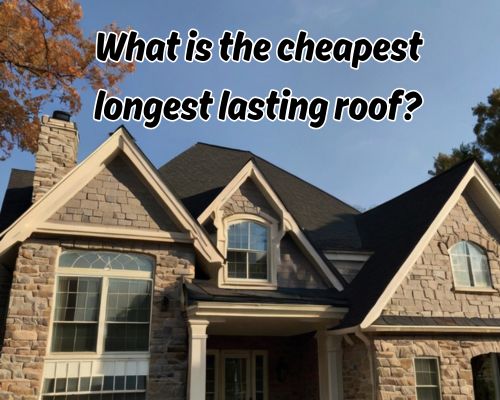
 Answer: Standing seam metal roofing—particularly galvanized steel—offers the best balance of affordability and lifespan. While asphalt may seem cheaper upfront, the long-term value of metal roofing makes it the superior choice for New Jersey homeowners looking to invest wisely in their property.
Answer: Standing seam metal roofing—particularly galvanized steel—offers the best balance of affordability and lifespan. While asphalt may seem cheaper upfront, the long-term value of metal roofing makes it the superior choice for New Jersey homeowners looking to invest wisely in their property.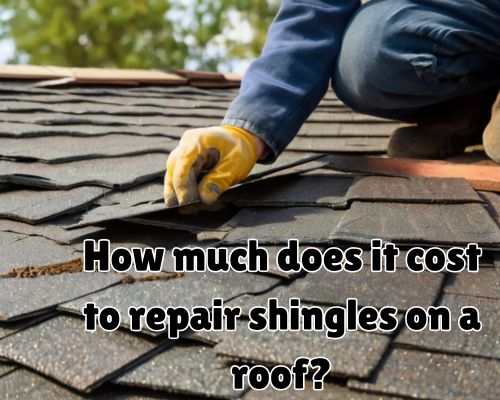
 Average Cost to Repair Shingles on a Roof in New Jersey
Average Cost to Repair Shingles on a Roof in New Jersey Key Factors That Affect Shingle Repair Costs
Key Factors That Affect Shingle Repair Costs No
No Maybe
Maybe Can Insurance Cover Shingle Repairs?
Can Insurance Cover Shingle Repairs? Summary: The Real Cost of Shingle Repairs in NJ
Summary: The Real Cost of Shingle Repairs in NJ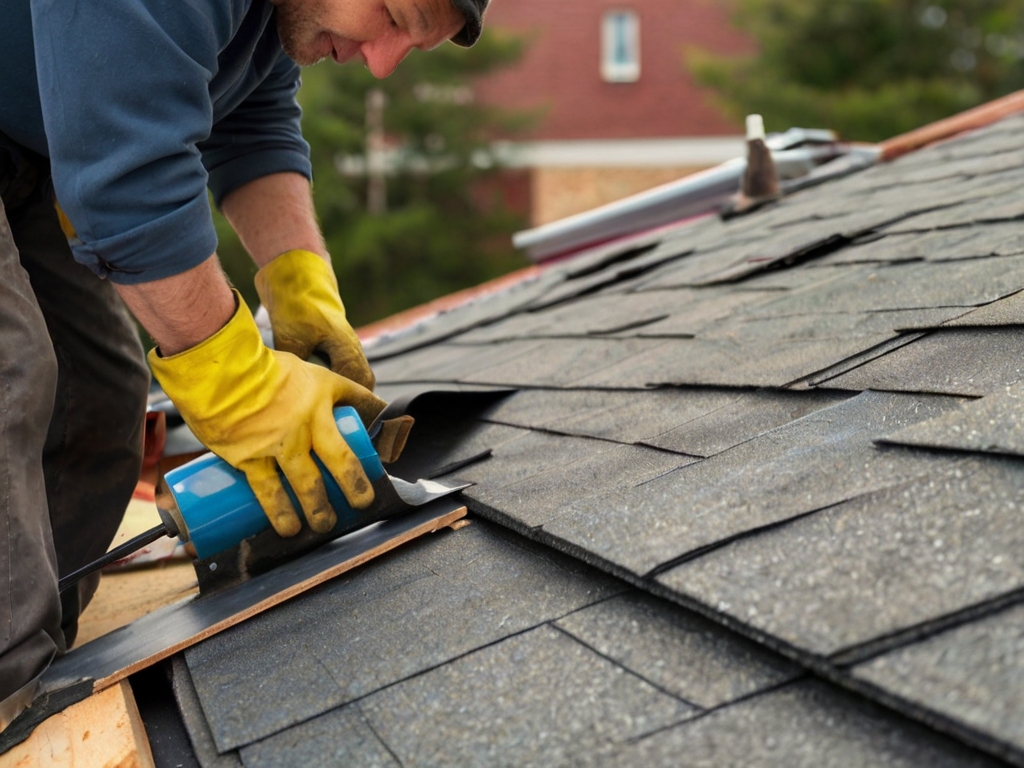
 Average Roofer Salary: National vs. Local Comparison
Average Roofer Salary: National vs. Local Comparison West Palm Beach Roofing Salary Snapshot:
West Palm Beach Roofing Salary Snapshot: Why West Palm Beach Is a Roofing Goldmine
Why West Palm Beach Is a Roofing Goldmine What Impacts a Roofer’s Annual Earnings?
What Impacts a Roofer’s Annual Earnings? LSI Keywords That Add Depth to Roofing Salary Queries
LSI Keywords That Add Depth to Roofing Salary Queries Tools and Certifications That Boost a Roofer’s Income
Tools and Certifications That Boost a Roofer’s Income Demand Trends: Why Roofing Salaries Are Rising in South Florida
Demand Trends: Why Roofing Salaries Are Rising in South Florida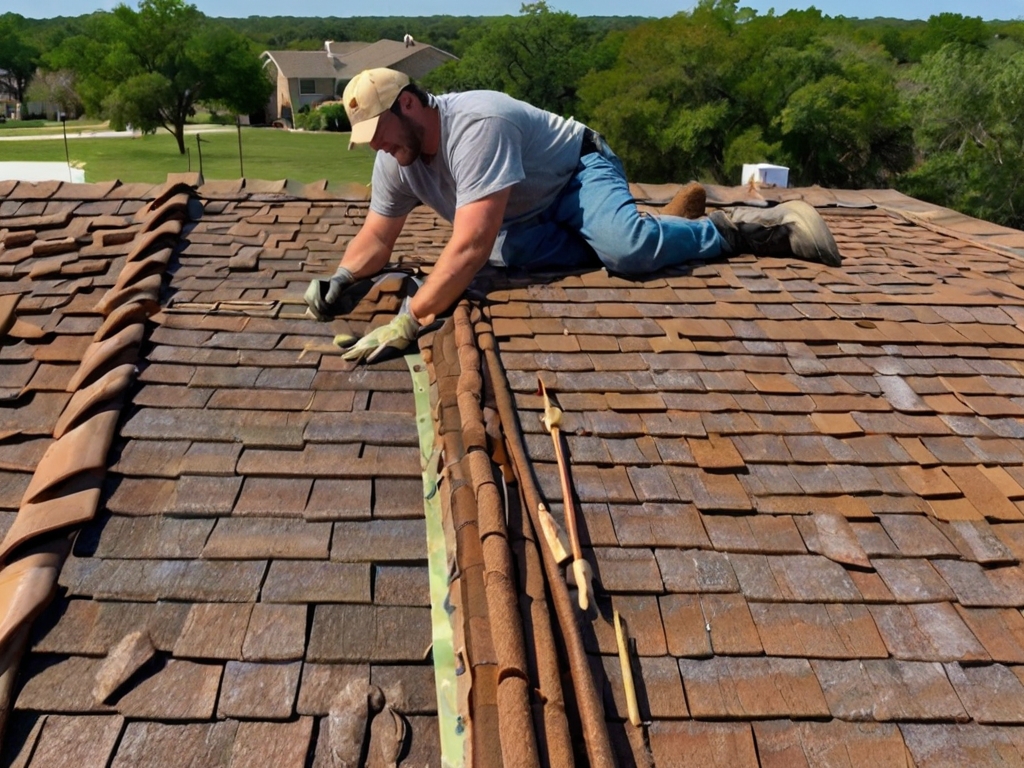
 What Local Homeowners Say
What Local Homeowners Say Final Checklist: Hiring a Licensed Roofer in West Palm Beach
Final Checklist: Hiring a Licensed Roofer in West Palm Beach




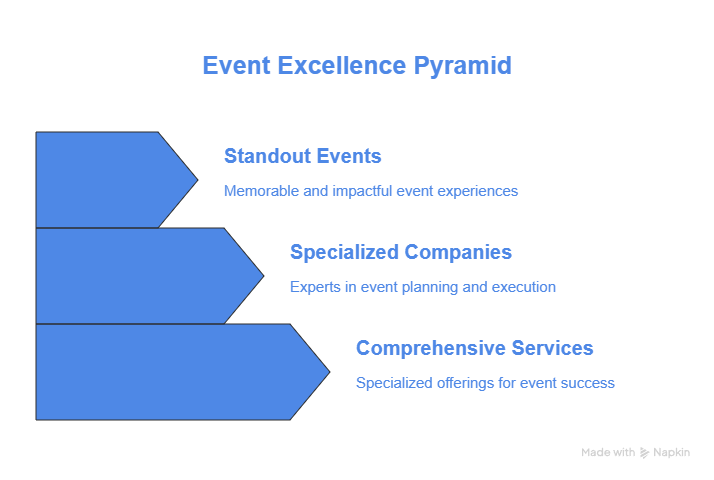

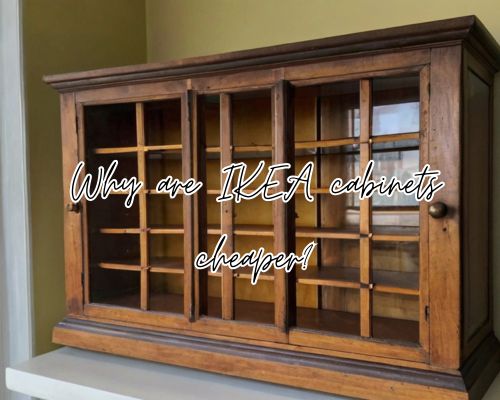
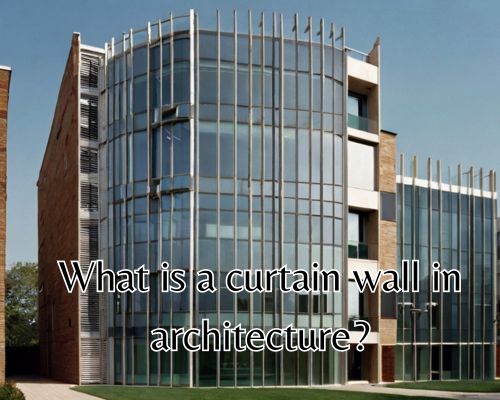
 1. Enhanced Natural Light
1. Enhanced Natural Light 3. Wind and Water Resistance
3. Wind and Water Resistance 4. Design Versatility
4. Design Versatility 5. Increased Property Value
5. Increased Property Value
 What Is a FIFO Welder?
What Is a FIFO Welder? Average FIFO Welder Salary in Victoria
Average FIFO Welder Salary in Victoria Some FIFO roles may involve flying out of Melbourne Tullamarine Airport to hubs like Karratha, Newman, or Port Augusta, depending on contract scope.
Some FIFO roles may involve flying out of Melbourne Tullamarine Airport to hubs like Karratha, Newman, or Port Augusta, depending on contract scope. Is FIFO Welding a Good Career in Victoria?
Is FIFO Welding a Good Career in Victoria? Final Thoughts
Final Thoughts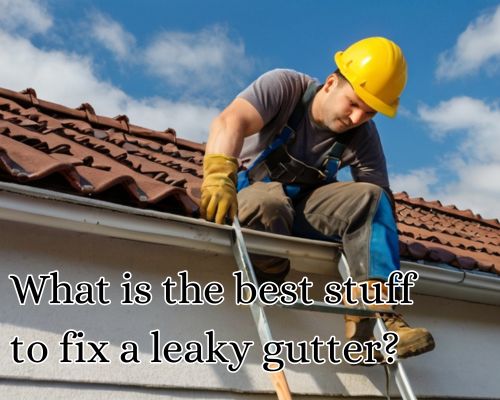
 Local Regulations and Insurance Considerations
Local Regulations and Insurance Considerations